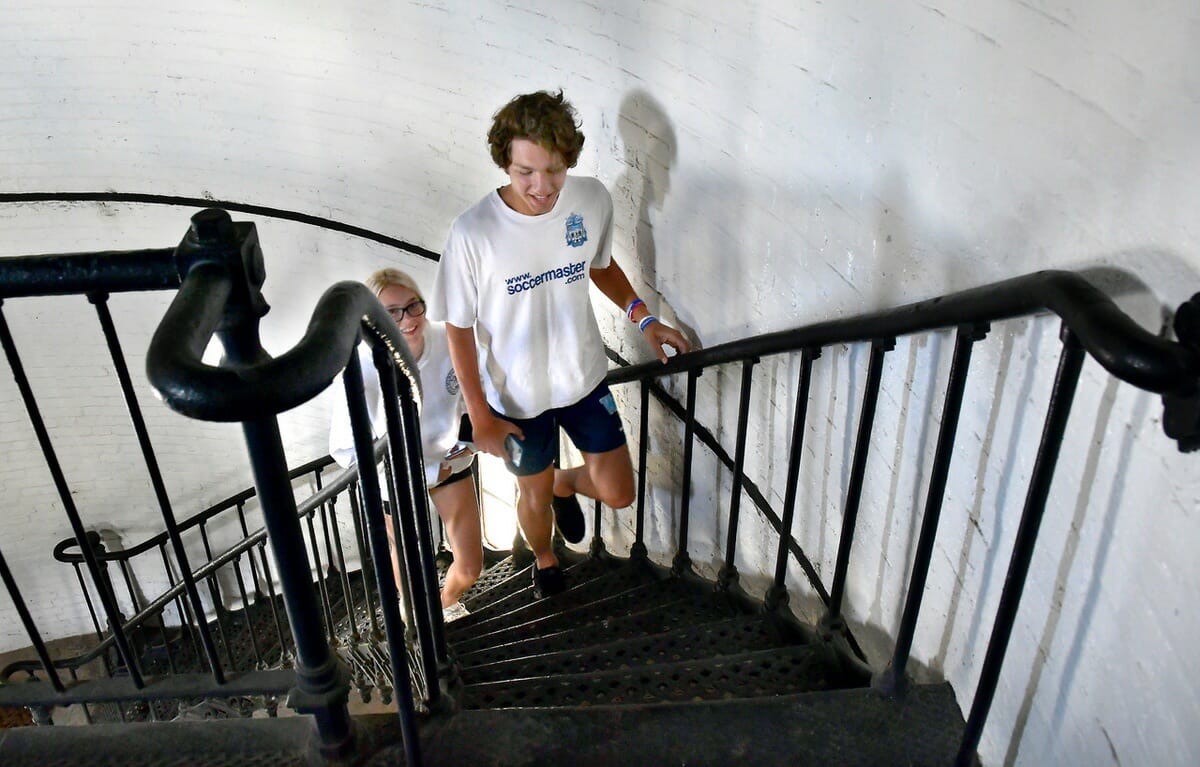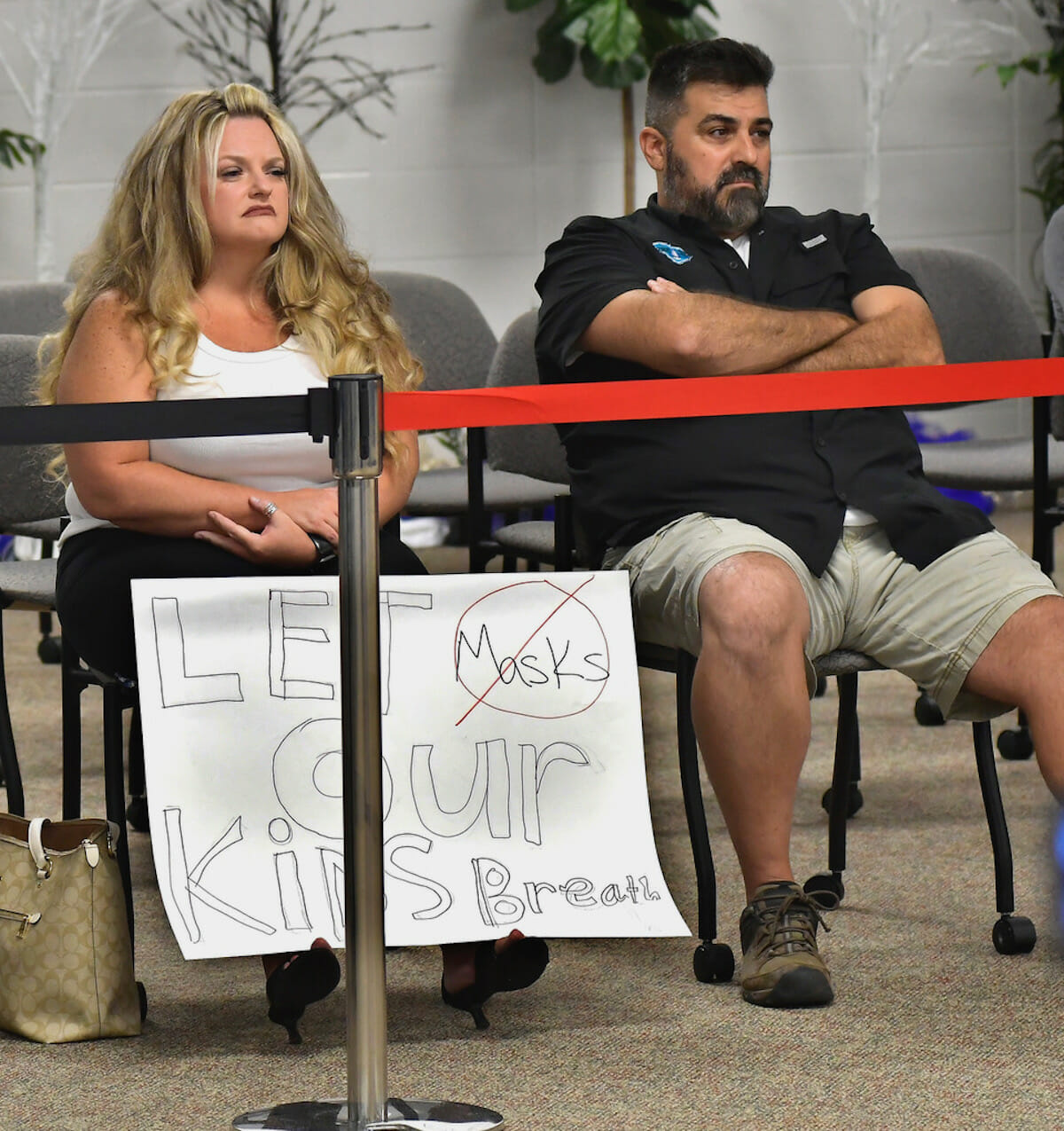As SC’s coronavirus numbers explode, debate on masks takes center stage
From staff reports
As we are hearing and reading reports of significant increases in new cases of COVID-19 in South Carolina in the midst of a statewide “re-opening,” the debate over whether or not to wear a face mask has become even more important. With so many opinions about face masks and cloth face coverings, it may be hard to distinguish what is based on good science and what is fiction. Here are some of the things you may be hearing, and the medical information that contradicts these common “mask myths.”
We used to hear that we shouldn’t wear masks. Why should I change now?
COVID-19 is a new disease and experts around the world are learning new things about it every day. As more data has become available and new things discovered, many recommendations have evolved and will continue to do so.
The recommendation for everyone to wear face coverings/masks came about after the discovery that the virus can be transmitted in aerosolized particles when someone speaks or breathes heavily, not just in larger droplets from a sneeze or cough.
“As we return to many aspects of normal life, it is important to not let our guard down,” said Dr. Kurt Gambla, chief medical officer at Beaufort Memorial Hospital. “COVID-19 will continue to be a threat until an effective vaccine is developed and in wide use. Until then, taking simple precautions, including wearing a mask in congested public spaces, social distancing and handwashing, are the best ways to prevent the spread of this virus.”
I’m not afraid of catching COVID-19 or at risk for serious complications so I don’t need a mask.
Generally, masks are recommended for two reasons – to protect the wearer from being infected (keeping germs out) or to protect others from being infected by the wearer (keeping germs in).
Current guidelines for the public fall into the second category.
Since you can have the virus without realizing it and be contagious, wearing a mask protects those around you should you have COVID-19.
“It’s important to remember that face coverings should be used in addition to social distancing, not as a replacement,” says Ashley Hildreth, Beaufort Memorial’s patient safety officer.
All of the Governor’s restrictions have been relaxed, so we don’t need to worry anymore.
Wearing face coverings/masks and other precautions are an important part of the plan for safely reopening our economy. Taking precautions to minimize the spread of this virus will help our economy in the long run by keeping consumers healthy and making them feel safe in businesses and restaurants. Until a time when we have an effective vaccine that is widely used, we need to work together to protect the health of all.
“Just as we’re asking businesses to take extra precautions, we can all do our part by wearing a mask,” said Hildreth. “If everyone in an enclosed space is wearing a mask, the number of germs in the air is reduced, improving the safety for all.”
Using a face mask will weaken your immune system and make you more susceptible to infections.
There is no evidence to support this claim. The only instances where a face mask may contribute to transmission is when proper hand hygiene is not followed after touching a contaminated mask, when a mask is worn inappropriately or when individuals wearing masks become complacent about other precautions.
Continuous mask wearing can make you sick from inhaling carbon dioxide, known as hypercapnia.
Cloth face coverings are not airtight and hold little if any carbon dioxide from your exhalations, so would not be a cause of carbon dioxide poisoning.
“Even with health care workers who routinely wear masks for hours at a time, this isn’t a common issue,” says Hildreth.
Wearing a mask could harm me because I have asthma, chronic obstructive pulmonary disease (COPD) or some other condition.
Having underlying health conditions like asthma or COPD places you at higher risk for serious complications. Given that, it is even more important to follow all the precautions to avoid contracting COVID-19.
“If you’re concerned about how wearing a mask might affect a health condition, you should speak with your primary care provider,” says Dr. Gambla.
Bottom line, there really aren’t any good reasons to not wear a mask.
As we return to many aspects of normal life, it is important to not let our guard down. COVID-19 will continue to be a threat until an effective vaccine is developed and in wide use. Until then, taking simple precautions including wearing a mask in congested public spaces, social distancing and handwashing are the best ways to prevent the spread of the virus.
“We are all in this together,” said Gambla. “And only by working together can we make a difference in how long the virus sticks around.”
THE LAST WEEK
Monday, June 15
New S.C. Cases: 582
S.C. deaths: 2
New Beaufort Co. Cases: 24
Beaufort Co. deaths: 0
Sunday, June 14
New S.C. Cases: 799
S.C. deaths: 1
New Beaufort Co. Cases: 24
Beaufort Co. deaths: 0
Saturday, June 13
New S.C. Cases: 802*
S.C. deaths: 6
New Beaufort Co. Cases: 25
Beaufort Co. deaths: 0
*Record high
Friday, June 12
New S.C. Cases: 770*
S.C. deaths: 5
New Beaufort Co. Cases: 33
Beaufort Co. deaths: 0
*Record high (since broken)
Thursday, June 11
New S.C. Cases: 687*
S.C. deaths: 13
New Beaufort Co. Cases: 24
Beaufort Co. deaths: 0
*Record high (since broken)
Wednesday, June 10
New S.C. Cases: 528
S.C. deaths: 7
New Beaufort Co. Cases: 19
Beaufort Co. deaths: 0
Tuesday, June 9
New S.C. Cases: 434
S.C. deaths: 11
New Beaufort Co. Cases: 20
Beaufort Co. deaths: 0






